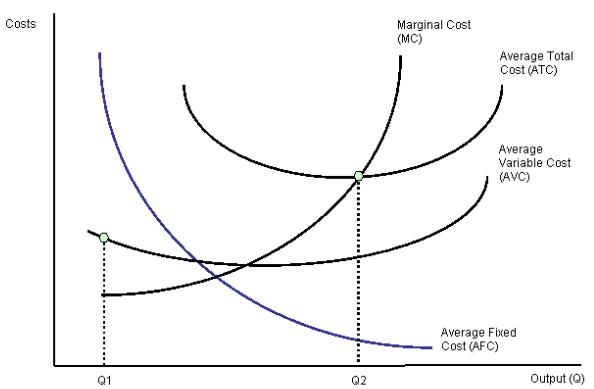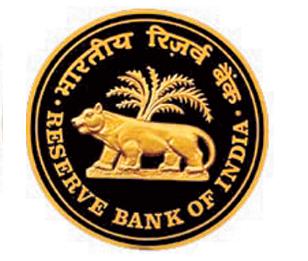The increasing complexities of the business environment together with the changing demands and expectations, implies that every organization needs to know the future values of their key decision variables. In virtually every decision they make, executives today consider some kind of forecast. In any organization, managers play a significant role in implementing Forecasting techniques. Forecasting takes the historical data and project them into the future to predict the occurrence of uncertain events. Forecasting serves as a self-assessment tool for the company. To handle the increasing variety and complexity of managerial forecasting problems, many forecasting techniques have been developed in recent years. Each has its special use, and care must be taken to select the correct technique for a particular application.Continue reading
Economics Concepts
Expert Opinion Method of Demand Forecasting
In this method of demand forecasting, the firm makes an effort to obtain the opinion of experts who have long standing experience in the field of enquiry related to the product under consideration. If the forecast is based on the opinion of several experts then the approach is called forecasting through the use of panel consensus. Although the panel consensus method usually results in forecasts that embody the collective wisdom of consulted experts, it may be at times unfavorably affected by the force of personality of one or few key individuals. To counter this disadvantage of panel consensus, another approach is developed called the Delphi method. In this method a panel of experts is individually presented a series of questionsContinue reading
Process Costing and Job Costing
Management accounting uses several costing techniques. Costing techniques are very important to the business management because they help them make sound decisions for the company. They also help companies keep track of the costs that they incur in the production process. Process costing and job order costing are two types of costing techniques that are have a similarity that they both analyze the costs that are incurred by the organization. Though these methods can be used to analyze costs, they differ in their approach. Process Costing This is a costing technique that is used in finding costs in homogeneous or products that are uniform. This technique makes averages of costs for all units to make per unit costs. Work inContinue reading
Cost-Output Relationship
A proper understanding of the nature and behavior of costs is a must for regulation and control of cost of production. The cost of production depends on money forces and an understanding of the functional relationship of cost to various forces will help us to take various decisions. Output is an important factor, which influences the cost. The cost-output relationship plays an important role in determining the optimum level of production. Knowledge of the cost-output relation helps the manager in cost control, profit prediction, pricing, promotion etc. The relation between cost and its determinants is technically described as the cost function. C= f (S, O, P, T ….) Where; C= Cost (Unit or total cost) S= Size of plant/scale ofContinue reading
Different Types of Costs
Profit is the ultimate aim of any business and the long-run prosperity of a firm depends upon its ability to earn sustained profits. Profits are the difference between selling price and cost of production. In general the selling price is not within the control of a firm but many costs are under its control. The firm should therefore aim at controlling and minimizing cost. Since every business decision involves cost consideration, it is necessary to understand the meaning of various concepts for clear business thinking and application of right kind of costs. A managerial economist must have a clear understanding of the different cost concepts for clear business thinking and proper application. The several alternative bases of classifying cost andContinue reading
RBI as the Exchange Control Authority
One of the important central banking functions of the Reserve Bank of India (RBI) is the maintenance of the external value of the rupee. As such it has been given the custody of foreign exchange reserves and sole agency for the administration of exchange controls in India. All receipts and payments in and out of India require general or special permission of the RBI. The dealings in foreign exchange and foreign securities in India, payments to person resident outside India and export and import of currency notes, bullion or precious stones etc., are subject to general or special permission of RBI or are prohibited. The RBI with the help of authorized dealers, and moneychangers carries on the administration of controls.Continue reading


